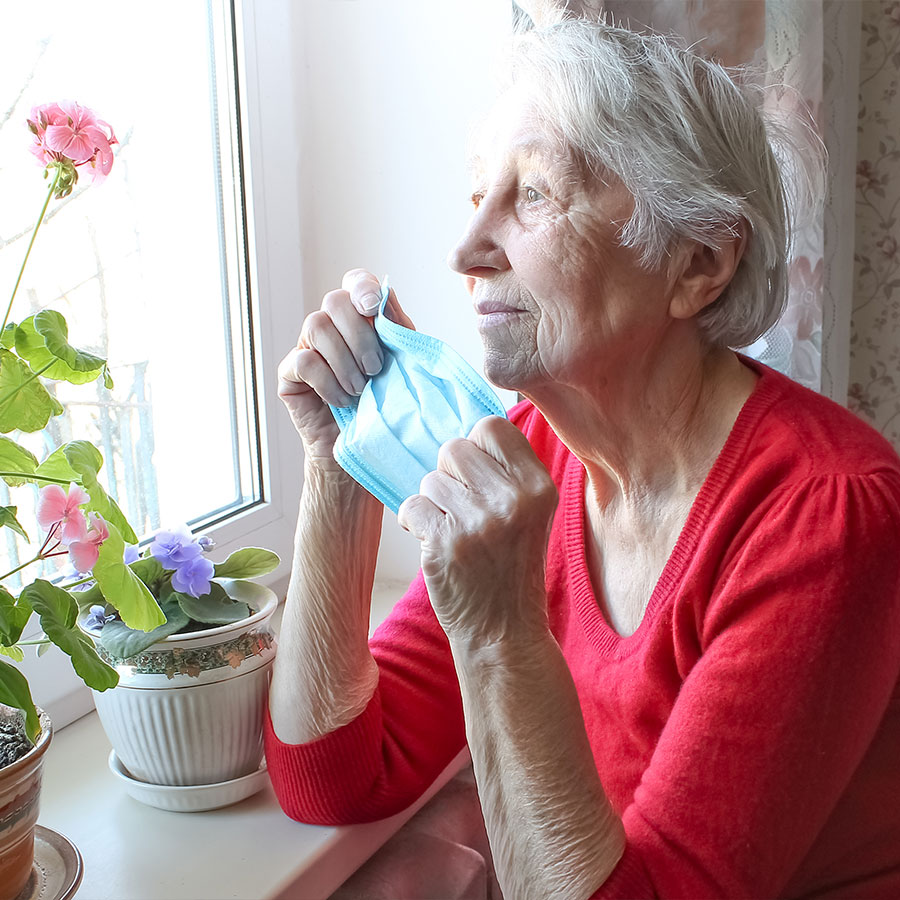The Coronaviruses' Ethical Dilemma
"We're planning to hand out extra life-jackets to people who already have life-jackets, while we're leaving other people to drown without a single life-jacket."Dr.Mike Ryan, director, health emergency program, World Health Organization"It is a tough question [whether it is ethical to begin giving third top-up doses to people in wealthy countries before sufficient doses arrive in less developed nations].""From a global equity point of view, we need to make sure vaccines are distributed everywhere. But we live in a democracy where we have to respond to the electorate. For a political party to say it is not going to give boosters would be difficult.""I do think we are going to end up there [responding to a fourth wave by third vaccination doses]."Dr.Kumanan Wilson, senior researcher, The Ottawa Hospital Research Institute, CEO CANImmunize Inc."Evidence shows that beginning four months after receiving two COVID-19 vaccine doses, the immune response in residents who live in long-term care homes wanes significantly compared to the general population."Ontario Ministry of Health report
 |
| The U.S. will start offering COVID-19 vaccine boosters in September, public health officials and medical experts announced Photo: Marina113/GettyImages |
While the World Health Organization has called for a moratorium on booster shots, condemning wealthy nations for deciding to offer third vaccine doses to their most vulnerable populations at a time when the rest of the world still awaits their first dose of vaccines, the nations they criticize are faced with a dilemma; the rising tide of Delta variant cases, proving far more infectious than the original Alpha virus, with the vaccines seen to be less effective at preventing Delta infection.
Israel is already well involved in offering third doses to its citizens over age 50. Germany is contemplating following the same route for their vulnerable populations. In the United States the government plans to make booster shots available widely from September. In Canada, health authorities are grappling with the reality that the most susceptible to infection from the Delta strain, health-compromised elderly people living in long-term care facilities with lower immunity to COVID, are at greater risk of infection,
It is those same residents who, during the original COVID wave and subsequent follow-ups suffered most from COVID-19; deaths in that group of vulnerable people outdistanced deaths from any other cohort in Canada, representing the majority of national deaths due to COVID. Ontario's Chief Medical Officer of Health revealed this week that the province was preparing to offer third doses of vaccine to those at highest risk. That would include transplant patients, the immuno-compromised and long-term care residents.
The dominance of Delta widely causing a wild spread of contagion marks it as a difficult virus to counter. In the interests of protecting against risk of severe illness and death, offering third doses to long-term care residents represents "a medical requirement", according to Earl Brown, virologist, emeritus professor at University of Ottawa. "They are more likely to have a problem and die" should they become infected with COVID-19: "That is a medical need".
As it has now been six months since many long-term care residents were fully vaccinated, their protection, according to medical experts, has waned "significantly". Research shows that extending the period between doses confers improved immunity. Among the elderly immune response is generally not high. But the vaccines have conferred a life-line against serious illness and outbreaks in long-term care homes where serious infections have dropped dramatically.
According to research from the U.S. Centers for Disease Control and Prevention, mRNA vaccines continue to protect people against hospitalization at a rate of roughly 85 percent for 24 weeks, before that protection begins to wane. In a long-term care study Moderna was seen to stimulate a stronger immune response in frail, older adults. The Moderna vaccine uses three times the mRNA. The result is more symptoms are associated with Moderna in younger adults.
Younger people tend to have stronger immune systems than the elderly. For older people more is better, but for the young the surplus mRNA in Moderna is excess to their immunity needs. Of the 12.6 million people nationally in Canada with full vaccinations, by July 24, 3,417 (or 0.03 percent) were diagnosed with COVID while fully vaccinated, according to the Public Health Agency of Canada.
 |
| An Israel woman receives a third Pfizer-BioNTech COVID-19 vaccine in the Israeli city of Ramat HaSharon, Friday, July 30, 2021. (AP Photo/Sebastian Scheiner) |
Labels: Canada, COVID-19, Infections, Long-Term Care Residents, Third Doses

0 Comments:
Post a Comment
<< Home